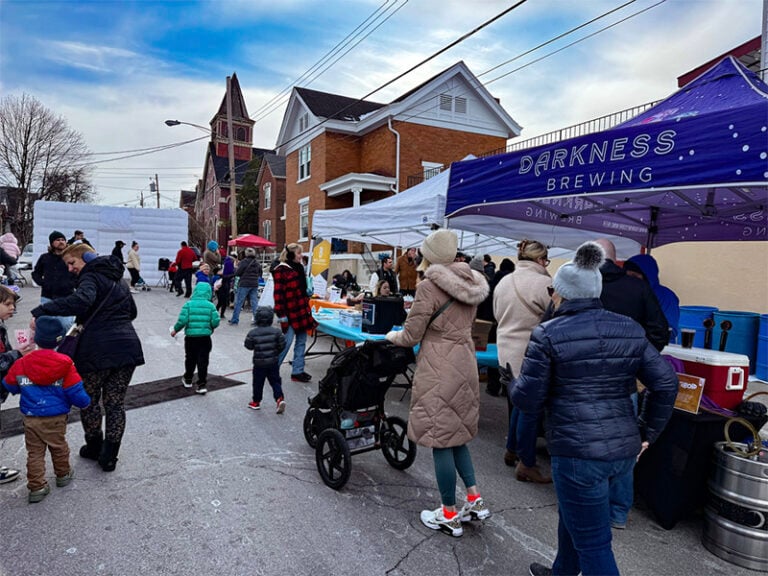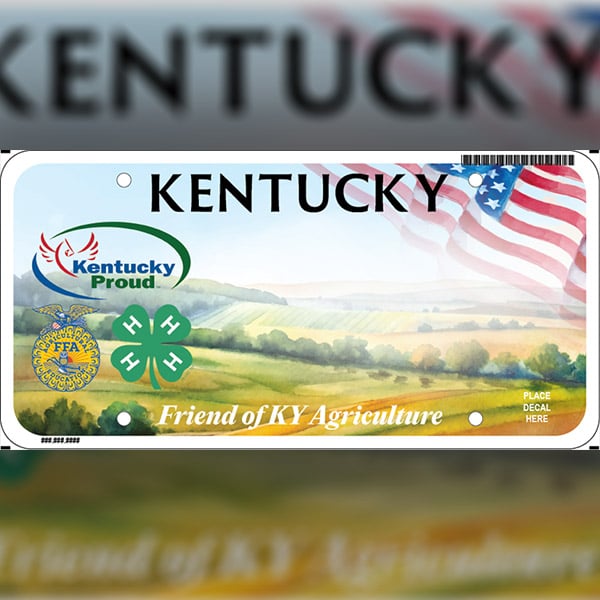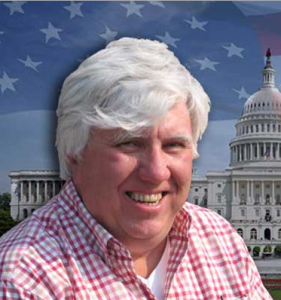By Patricia A. Scheyer
NKyTribune reporter
Kenton County Clerk Gabrielle Summe was the featured speaker for the July Kenton County Mayors’ meeting, held at the newly renovated Elsmere Community Center on Dell Street Saturday morning.
The topic of conversation was the recently passed Senate Bill 63, which was advocated for by cities and parks in the eastern part of the state, as well as the western part of the state.
“This bill was all about tourism in the east part of the state,” said State Representative Kim Banta who attended the meeting. “I voted for it, because it made sense, but I thought they didn’t want the vehicles taxed.”

The bill relates to street legal special purpose vehicles.
Chapter 186 of the original version of the bill defined ‘special purpose vehicle’ and ‘street legal special purpose vehicle’ and allowed those vehicles to operate on a highway under certain circumstances. They would not be able to travel more than 20 miles on a clearly marked highway, and the vehicles would have to be registered and comply with all requirements of the original law.
The new version retains all the original provisions, but prohibits the use of street legal special purpose vehicles on highways within the jurisdictional boundaries of a local government that does not have a local ordinance allowing their use, or requires the owner of such a vehicle to be insured in the same way motorcycles are insured. Furthermore, the new version of the bill has a special section dedicated to allowing a local government to adopt an ordinance to allow the operation of these vehicles, and require the owner to register the vehicle, and pass regulations to safety certify the vehicle. The new regulations specify defining ‘local government’ also, and sets monetary amounts for the registrations.
As Summe said, once the law requires these vehicles to be street legal, it becomes her issue.
“Once they change a vehicle from off-road to on-road, it has to be licensed, and that makes it subject to ad valorem tax,” Summe said. “It isn’t something that will affect a lot of you in Kenton County, but off-road vehicles were not ‘plated’ here. In the eastern and western part they have trails and they want them to be on road. Here each city would have to have a separate ordinance that deals with these vehicles.”
She said if people keep the vehicles off road, they don’t have to do anything, but if they put the vehicles on the road, that is when things have to be done. The vehicles have to be registered and licensed, and that means they will have to be insured.
“When people live in Indiana, or somewhere that has legalized these vehicles, and then they move here, where there are no rules for them, that’s when you start to have problems,” Summe said. “The majority of people here, they put the vehicle on a trailer and they go south.”
Steve Hensley, Director of Homeland Security and Emergency Management in Kenton County, asked if they have to be fitted with certain equipment, like a roll bar, or seatbelts, or lights, and she said she thought so, because they will have to be inspected.
“You have to know, one, where you can ride these things, and if they have to be inspected, and two, you have to know what kind of insurance you have to have,” she said. “KACO, the Kentucky Association of Counties, is putting together a model to find out what the rules are. The legislators never intended for these vehicles to be taxed, so it is possible the issue will be back before the legislators to clear up some of the issues.”
So far, the only city with an ordinance about the side-by-side vehicles is Fort Mitchell, but others may look at the possibility of an ordinance.
Summe said she doesn’t expect a lot of problems in this area, but she wanted to warn people and cities to be aware in case the popularity of the vehicles becomes greater. She doesn’t want residents to be blindsided by the need to register the vehicles and that they will be subject to tax unless the rules are clarified.
“The bill is done,” Summe said. “It was when the different PVAs started asking questions about if the vehicles would be treated like a car that the problems started. Golf carts are different, they are not like these vehicles, but there are so many models of these side-by-sides, there has to be a list of them. People need to know that their insurance could go up.”

















